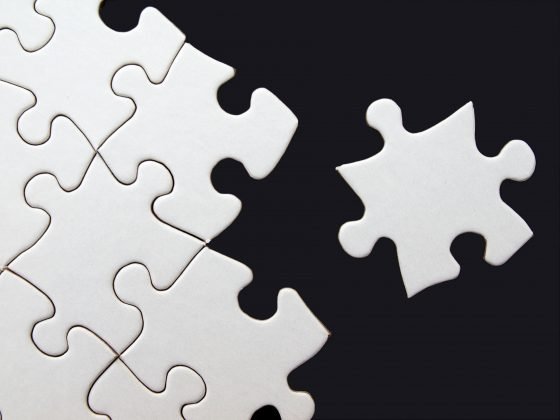An executor is the person named in the Will who will take on the responsibility to administer the estate. The responsibilities of an executor include:
- Identify the assets and liabilities of the testator;
- make funeral arrangements;
- make an inventory of the property in the estate;
- probate the Will;
- call in the property after grant of probate is issued;
- pay all the debts and taxes;
- distribute the property to the beneficiaries.
Who to choose as an executor?
Close friends and family members are often chosen to be the executors of their Will, but most of all, the executor is chosen because he/ she was entrusted by the testator to carry out the duties faithfully and diligently for the benefits of the beneficiaries. The executor can be a beneficiary of the estate. Unless the executor is a professional – such as lawyer or accountant – the role of executor is not remunerated. However, the duties of the executor are substantial, especially in case of estates of substantial value, in which circumstance the executor should consider whether to take on the role before applying for probate. If the executor predeceases the testator, or is unable or unwilling to act, and no alternate executor is appointed, the Court can appoint someone pursuant to the laws, and issue a grant of “letters of administration with Will annexed” instead of probate.
Probate application
Probate application in Hong Kong is handled by the Probate Registry of the High Court. Under Hong Kong laws, the Will must be probated before the estate can be administered, otherwise it is a criminal offence. Affidavits are required, with schedule of assets and liabilities of the deceased (Form N4.1) exhibited. All assets must be listed out in the schedule before they can be disposed of, otherwise it would be considered as intermeddling with the estate. Enquiries can be made with financial institutions to verify the assets of the estate for probate purposes.
After the probate is issued, the executor will have to carry out the following steps:
- close the bank accounts of the deceased, including MPF accounts;
- liquidate the stocks and shares;
- sell the real property of the estate, unless the beneficiaries agree to take on the legal title;
- settle all debts and liabilities, including taxes;
- and convert all other assets into cash for distribution.
The executor may have the power to postpone the conversion of any assets into cash.
Before distribution, the executor will act as trustee to hold the estate on trust for the beneficiaries, and his/ her rights and duties are governed by the terms of the Will or, in the absence of such terms prescribed by the Will, the Trustee Ordinance (Cap. 29).
Powers of the executor
The powers of executor include, but are not limited to the following:
- Power to apply the income of the estate for the benefit and maintenance of young beneficiaries and to use the capital for their benefits: this is particularly useful when the testator passed away with young children as dependents, and the executor can look after the children and pay for expenses, such as school fees.
- Power to invest the estate to generate income for the benefits of the estate, however such power should be exercised with caution in order not to breach the executor’s duties to the beneficiaries.
- Power to appoint an agent, a nominee and/ or a custodian in relation to assets of a trust. This enables the executor to appoint professionals – such as investment managers or stockbrokers – to manage the estate.
Duties of the executor
The executor has the duties to beneficiaries in the course of administration, including the following:
- administer the estate in the interest of the beneficiaries. The executor should not allow his/ her own interest to be in conflict with the beneficiaries, and should not benefit personally from the administration;
- act impartially for the benefits of all beneficiaries, without following instructions from one specific beneficiary to the detriment of others;
- keep a proper account of the estate, and answer to reasonable enquiries made by the beneficiaries;
- and apply reasonable care when exercising the powers.
The executor may attract personal liability for breaching his duties, hence it is important for anyone who acts as executor to understand his/ her powers and duties properly in order to avoid dispute and liabilities, especially when the executorship is not remunerated.
Considerations to make when appointing an executor
For the above reasons, anyone who makes a Will should make careful considerations when choosing the executor, and whether to put in additional clauses governing the powers and duties of the executor in the Will. It also highlights the importance of having the Will drafted by a professional to avoid any confusion over the rights and duties of the executor.
Executors who are appointed should be fully aware of their powers and duties before agreeing to take on the role, otherwise they should renounce the right of executorship. The benefits of appointing professionals as executors is to have someone who possess sufficient knowledge and experience in handling estate administration, hence ensuring an extra layer of protection to the beneficiaries, especially those who cannot safeguard their own interest such as minors or with people with disabilities.
Our team at Hugill & Ip has extensive experience in dealing with Hong Kong’s complicated testamentary, probate and inheritance laws – so if you need further advice on these subject, get in touch with us to find out how we can help.
This article is for information purposes only. Its contents do not constitute legal advice and readers should not regard this article as a substitute for detailed advice in individual instances.




